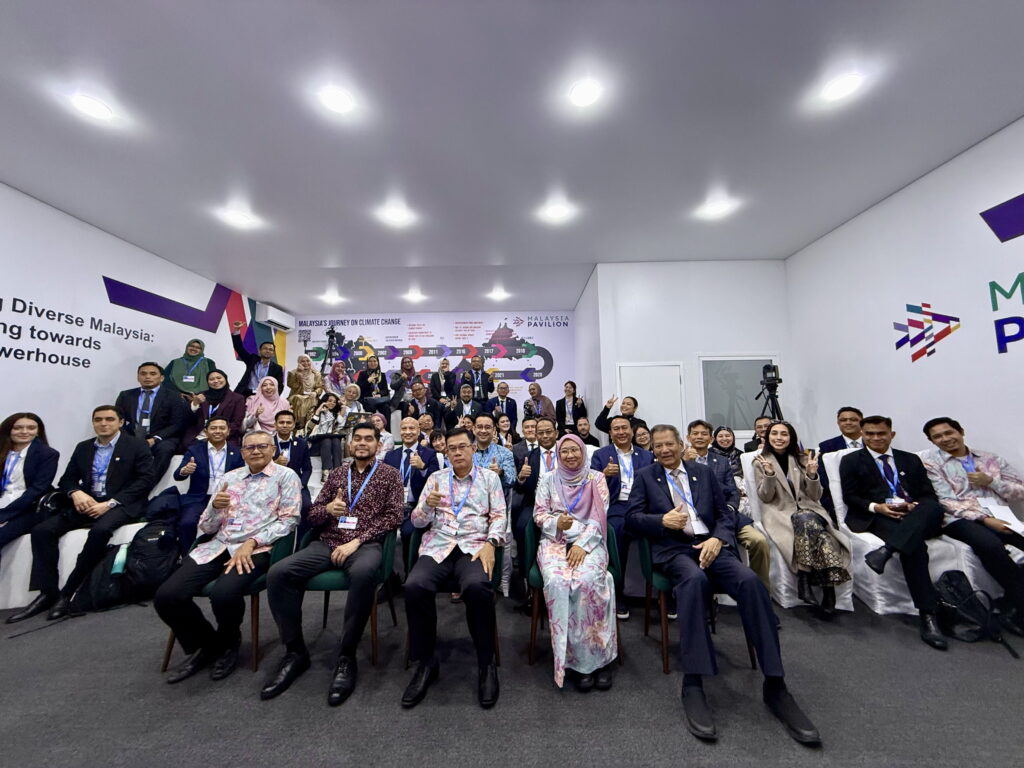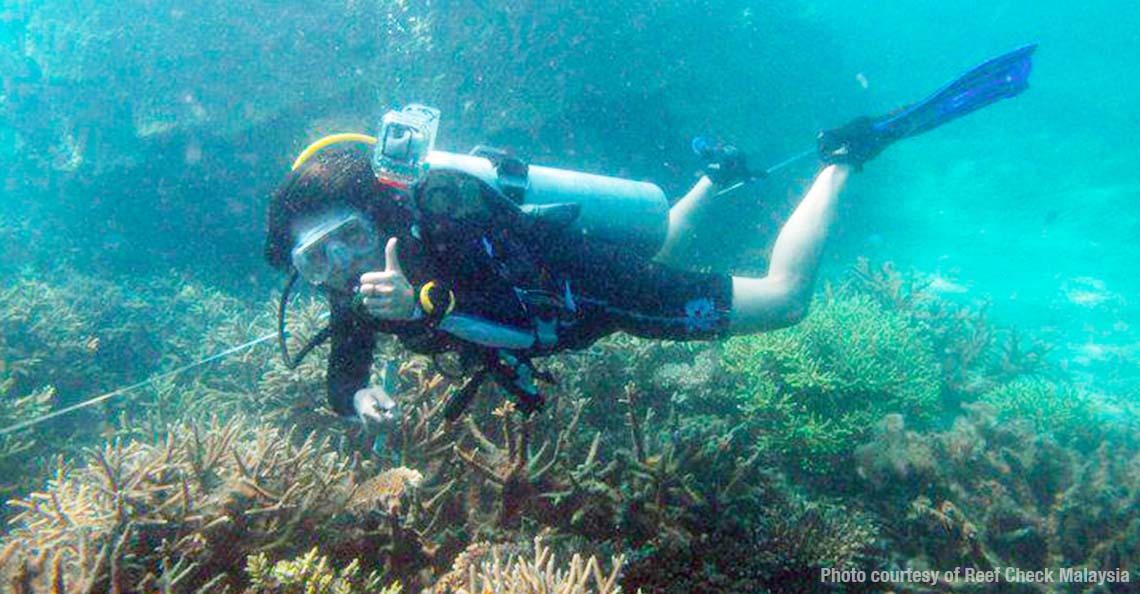Malaysia presents 7 key focus areas for a sustainable future at COP29

Malaysia is preparing to make a big impression at COP29, taking place in Baku, Azerbaijan, from 11 to 22 November 2024.
Malaysia will focus on driving climate action and promoting regional sustainability with a nation-focused narrative and a delegation of over 250 members—including policymakers, government agencies, GLCs, private businesses, NGOs, and passionate youth representatives.
Shift for Sustainability – Malaysia’s strategic vision
The Pavilion, themed ‘Shift for Sustainability – Climate Action Now!‘, intends to highlight Malaysia’s strategic vision and comprehensive, whole-of-nation approach to climate action, which is consistent with COP29’s overall vision, ‘Enhance Ambition, Enable Action’.

The Malaysia Pavilion at COP29 is being led by the Ministry of Natural Resources and Environmental Sustainability, with the Malaysian Green Technology and Climate Change Corporation (MGTC) as the executing agency. It is also proudly supported by Tenaga Nasional Berhad, Petroliam Nasional Berhad (PETRONAS), Malaysian Palm Oil Council (MPOC), Malayan Banking Berhad, Bank Pembangunan Malaysia Berhad, Kloth Cares and De Carton.
“We are eager to unite with the global community, pushing the boundaries to achieve
bold sustainability goals and build a resilient climate future for all.”Nik Nazmi Nik Ahmad, Minister of Natural Resources and Environmental Sustainability
Additionally, Malaysia’s green industry has received over RM10 billion in investment and created 5,579 green jobs through the Green Technology Financial Scheme (GTFS) since 2010. As outlined in Budget 2025, Malaysia is strengthening its commitment to a green economy.
This includes supporting the proposed carbon tax, set to be implemented in 2026, as part of the country’s broader environmental goals. The carbon tax is intended to encourage cleaner technologies and attract sustainable investments. Through these initiatives, Malaysia aims to enhance its position as a leader in green growth and sustainable development.

Malaysia’s 7 key focus areas for COP29
In order to achieve net-zero emissions and strengthen national sustainability, the Malaysia Pavilion outlines its seven key focus areas:
Finance & Economy: Committed to strengthening its sustainable finance ecosystem through climate financing and carbon market opportunities to support decarbonisation, attract investment within ASEAN, and demonstrate green finance leadership while encouraging international alliances for net-zero pathways.
Trade & Industry: Integrates sustainability into trade practices through circular economy techniques, clearer supply chain guidelines, and a uniform carbon pricing system to develop collaborations that enhance climate governance and promote sustainable trade.
Natural Resources: Malaysia, one of the world’s 17 megadiverse countries, prioritises community participation in natural resource management and biodiversity conservation to engage global partners and foster community-led ecological stewardship.
Energy: spearheading sustainable energy innovations, including carbon capture, hybrid solar projects, and interconnected regional grids, as outlined in the National Energy Transition Roadmap (NETR), to invite investment that supports the country’s green energy transition and strengthens regional energy security.
Tech & Innovation: Integrating advanced technology with traditional indigenous knowledge to promote sustainable practices and climate resilience in key sectors, with the goal of positioning the country as a pioneer in scalable climate tech solutions.
Sustainable Development: The emphasis on adaptive urban design seeks to create resilient, climate-conscious communities that prioritise social equity, with the goal of securing regional support for sustainable urban infrastructure and supporting inclusive growth.
Youth and Adaptation: Central to Malaysia’s strategy is empowering youth, women, and indigenous communities through capacity-building programs that address food security, flood risks, and rising sea levels, with the goal of advocating for inclusive frameworks that amplify the voices of underrepresented groups.
Through these strategic clusters, Malaysia will establish itself as a premier destination for green investments by fostering supportive policies and embracing a collaborative mindset, paving the way for sustainable growth and innovation.
To learn more about the Malaysian Pavilion at COP29, visit their site.



